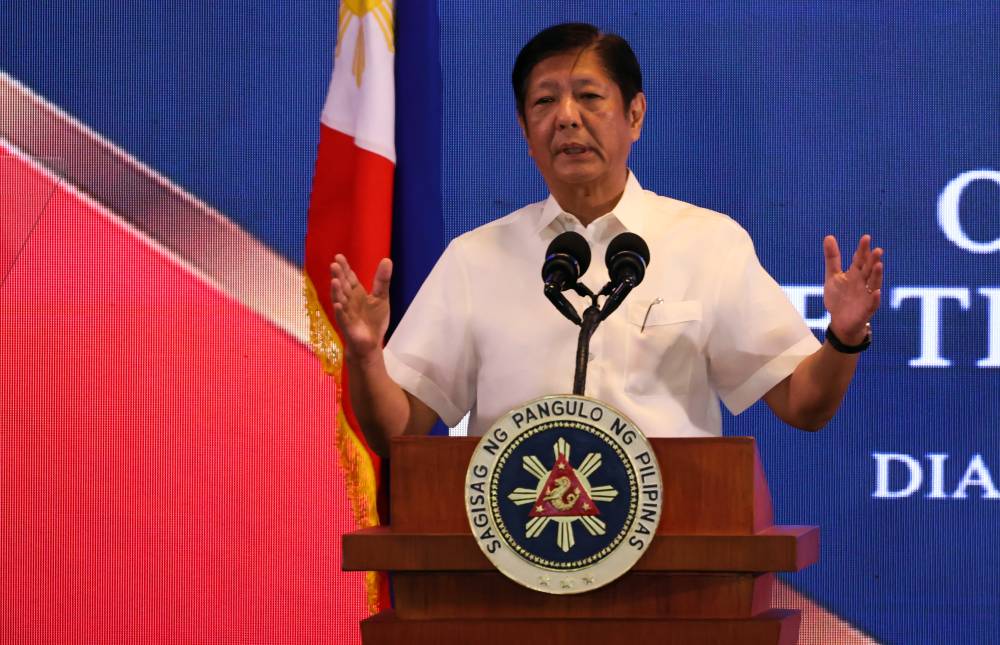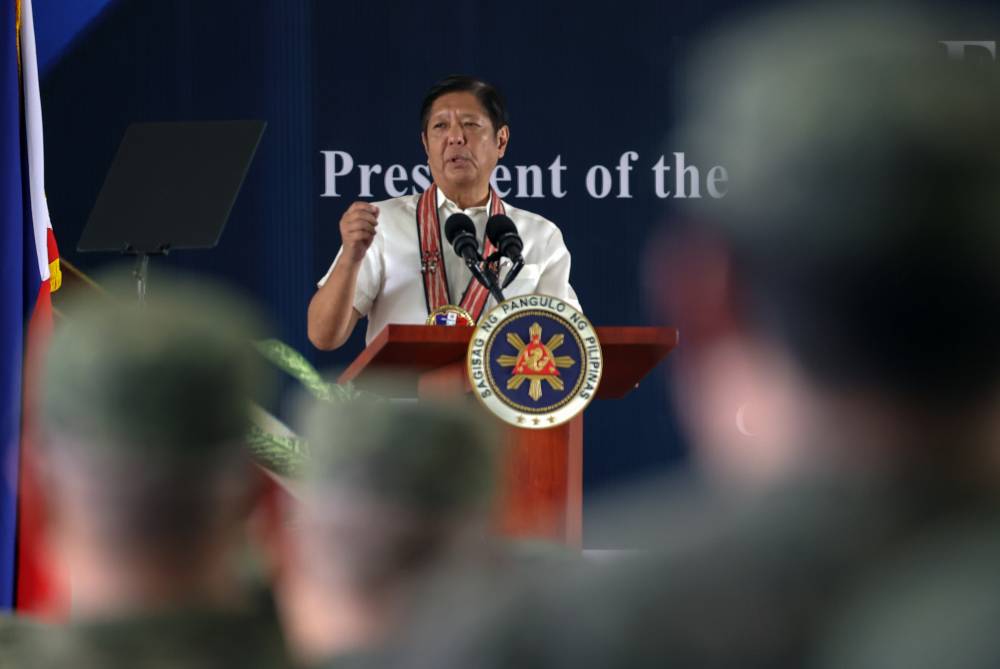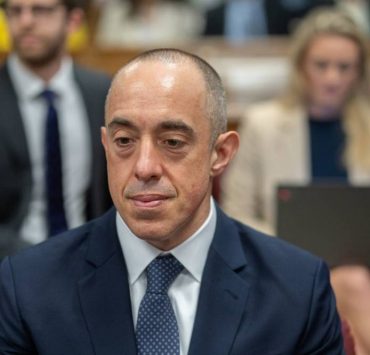Palace vows to keep press ‘free from fear’ as PH dips in freedom rankings

As the Philippines ranked 134th out of 180 countries this year—down two notches from 2023—in the promotion of press freedom, Malacañang vowed on Friday to keep the media profession “free from fear of threats, reprisals and violence.”
In a statement issued on World Press Freedom Day, President Marcos and the Presidential Communications Office (PCO) underscored the role of journalists in a democracy and the many challenges they face both as individuals and as organizations.
“We rely on them to continue being the stalwarts of truth and transparency. As the fourth pillar of our democracy, their words serve as our strongest defense against misinformation and fake news. Now, more than ever, their commitment to their work is crucial,” Mr. Marcos said in a post on X.On Facebook, the PCO said it would continue fulfilling the President’s commitment to defend press freedom and support the media in fighting fake news.
“We recognize the myriad challenges journalists and media organizations confront as they carry out their vital duties,” the Palace communications arm said. “[The PCO] shall be a partner to a free, independent and responsible press in ensuring that these commitments are delivered and sustained.”
The Marcos administration gave the assurance even as the Philippines ranked slightly lower in World Press Freedom Index this year.
From placing 132nd in 2023, the country emerged as 134th out of the 180 countries ranked by the Paris-based Reporters Without Borders (See related story on this page).

PDI still ‘paper of record’
Releasing the 2024 index also on Friday, the international media watchdog said the Philippine media remained “extremely dynamic” despite the targeted attacks and harassment of journalists and media agencies during the term of then President Rodrigo Duterte.
It noted that radio and television remained the most popular media platform in the country, with GMA 7 dominating the field with an audience share of nearly 50 percent after rival ABS-CBN was stripped by Congress of its broadcasting franchise under Duterte.
Print media continues to lose momentum, it noted, even though the Philippine Daily Inquirer (PDI) “is still the newspaper of record, now driven by its digital version, Inquirer.net.”
Last year, Reporters Without Borders noted how the change in national leadership following Mr. Marcos’ election in 2022 “loosened constraints” on the media. It also saw the acquittal of Rappler chief executive and Nobel Peace Prize winner Maria Ressa in a tax evasion case as an encouraging development.
Friday’s Palace statements speaking out against misinformation and fake news came more than two weeks after Time Magazine, in naming Mr. Marcos among the “100 Most Influential People of 2024,” highlighted how his “rise to the Philippine presidency in 2022 was owed to whitewashing (his) family legacy through clever manipulation of social media.” INQ
















